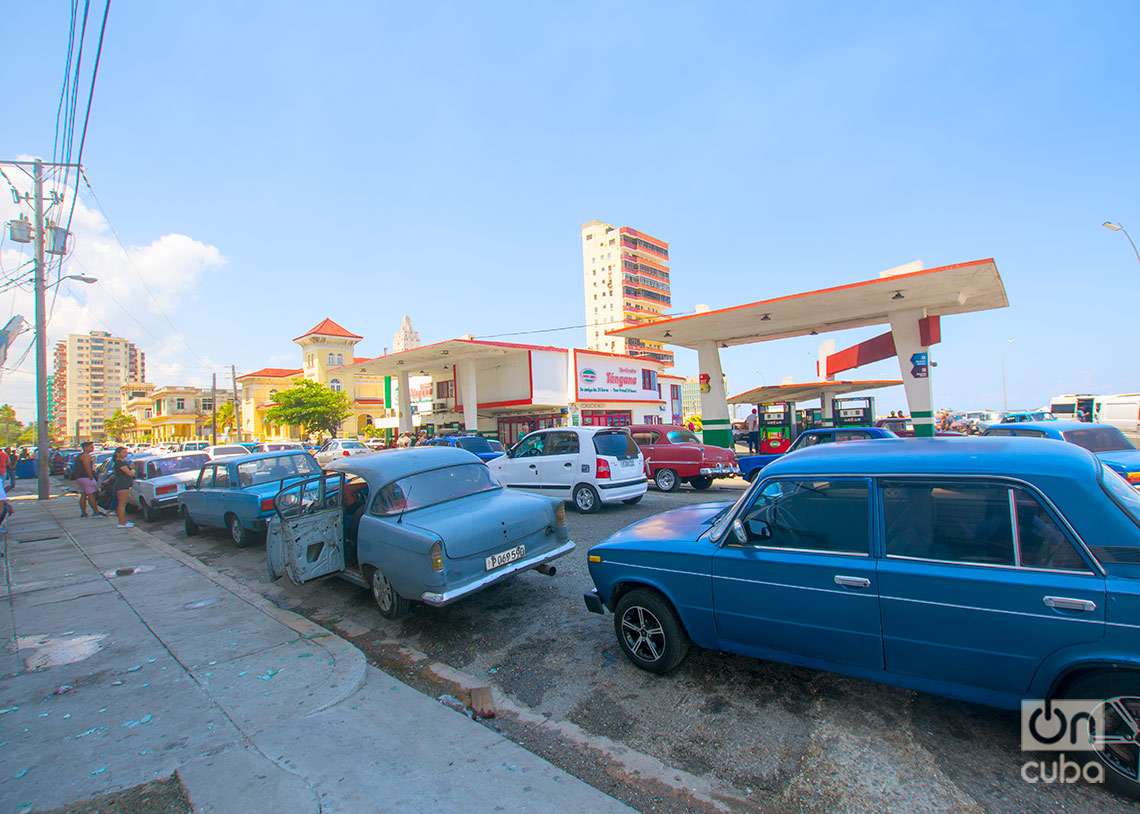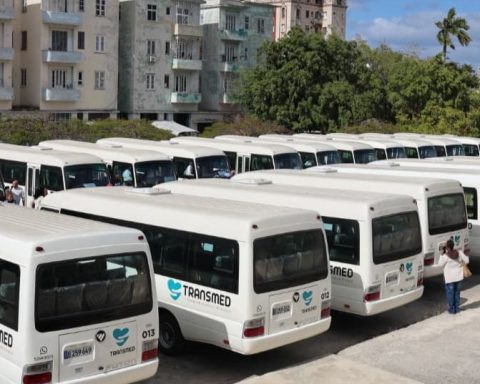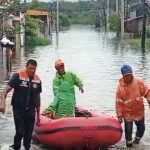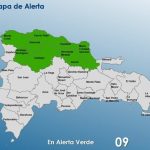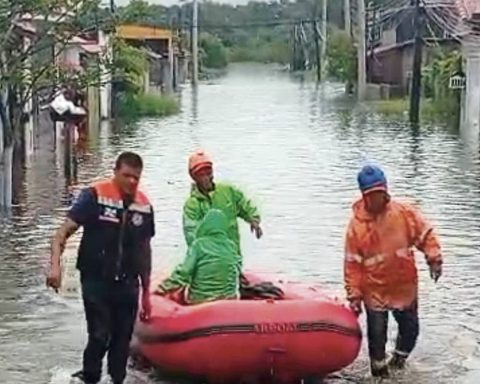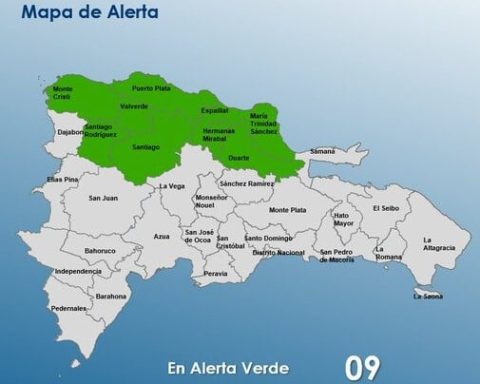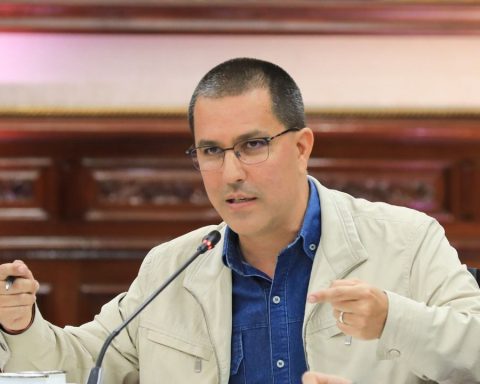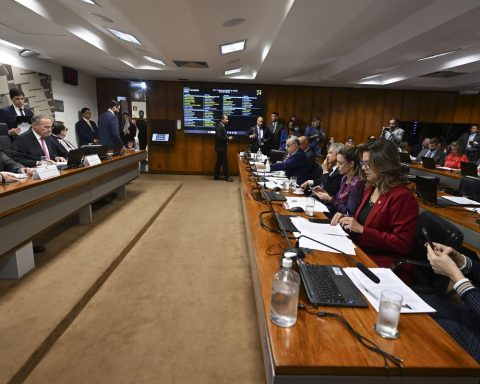The Minister of Energy and Mines of Cuba, Vicente de la O, assured this Saturday that the National Electric System (SEN) it will face the hottest summer months “in better conditions”, when demand increases on the island.
“All the actions planned for the recovery of the national electrical system have been fulfilled and it is expected to face the summer (July-August) in better conditions,” the minister declared to the official web portal cubadebate.
⚡️?? In statements to Cubadebate, the Minister of Energy and Mines, Vicente de la O Levy, commented on the actions carried out to increase electricity generation in the country and normalize the sale of fuels in service centers.https://t.co/BGIDy4uThn
— Cubadebate (@cubadebatecu) May 27, 2023
He mentioned that the maintenance announced at the beginning of the year in several of the terrestrial thermoelectric plants and other measures were carried out in the “worst supply conditions of spare parts, materials and raw materials due to not having access to financing or suppliers, due to the intensification of the blockade/embargo”.
“In the midst of these difficulties, the results of the maintenance and the recovery of powers that were out of service for some time have allowed a decrease in the effects,” said the Cuban minister.
Regarding the crisis in the supply of fuel that has affected the country since April, De la O advanced that “there will be a recovery in that area that will reduce the uncomfortable queues” at gas stations.
The Government reported at the end of April that the lack of fuel would continue until May due to “non-compliance by the supplying countries.”
electricity generation
The SEN is going through a complex situation in which the failures and breakages of its 8 terrestrial thermoelectric plants weigh heavily, most of them with more than 30 years of use, the lack of investment and the fuel deficit.
To deal with this situation, the Government scheduled maintenance tasks in the first months of the year so that the generating plants remain in optimal conditions in the summer months of July and August.
In addition, in the last five years it has leased several floating power plants to alleviate the lack of generation capacity.
Blackouts increased at the beginning of 2023 after four failures in the national electricity grid, which left more than half the country without electricity.
After several weeks without high levels of affectation, the effects of the deficit have begun to be felt, although without reaching the levels of last year when blackouts exceeded 10 hours a day.
EFE/OnCuba.
